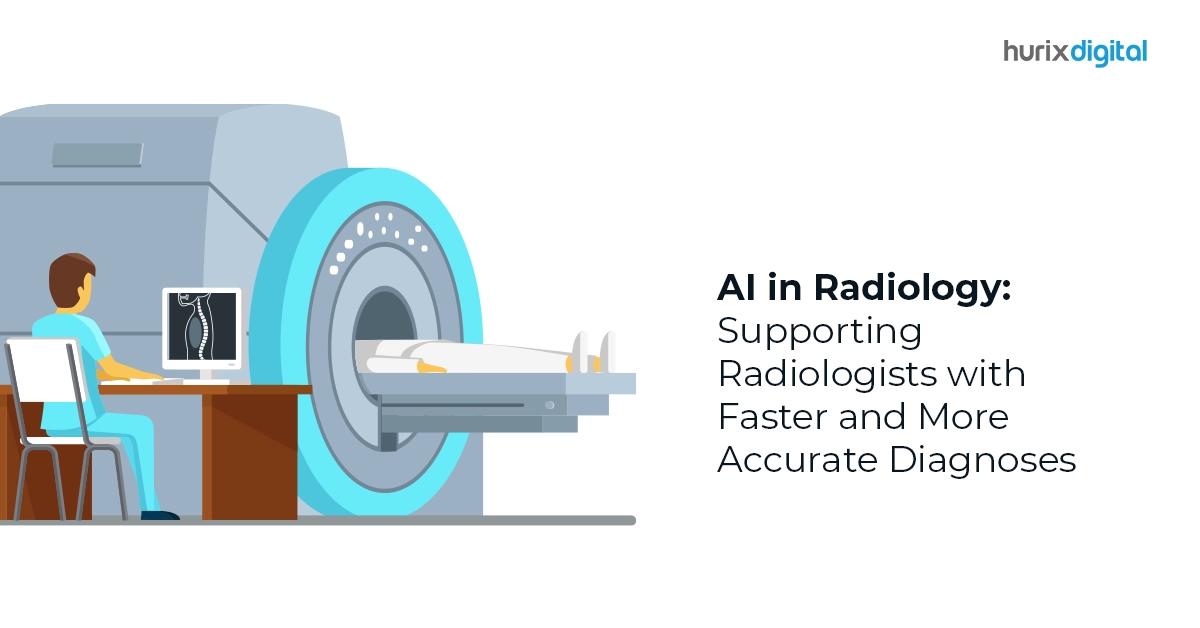
Conquer the NCLEX Challenge: Strategies to Overcome Your Anxiety
Summarize with:
The NCLEX RN examination marks a milestone in any nurse’s journey. It serves as an obstacle before embarking on a fulfilling career dedicated to care. However, considering the pass rate hovers at around 83%, it’s evident that the NCLEX poses a challenge for many exam takers.
The pressure to excel can often result in exam jitters. If you find yourself overwhelmed by the NCLEX, take a moment to breathe. Remember, you’re not navigating this journey. Our goal is to provide you with the tools and strategies to overcome test-related anxiety and attain success in your NCLEX endeavors.
Table of Contents:
- Understanding NCLEX Anxiety: It’s Normal!
- Potential Consequences of Excessive Anxiety
- Powerful Approaches to Taming Test Anxiety
- Effective Techniques for Preparing for NCLEX
- Conclusion
Understanding NCLEX Anxiety: It’s Normal!
This anxiety is common among students in different academic disciplines. Today, test anxiety has affected students of all courses and levels of learning. Many nursing aspirants experience heightened anxiety due to the NCLEX’s high stakes and its difficult content.
Here is why it is important to acknowledge this anxiety and what it means:
| Phase | Description | Impact on Exam Performance |
| Fight-or-Flight Activated | The NCLEX, with its high stakes, triggers the body’s primal survival mechanism, the fight-or-flight response. | It may lead to physiological changes like increased heart rate, sweating, and rapid breathing. |
| Hormone Release | The body releases hormones like adrenaline and cortisol to prepare for action. | These hormones can heighten alertness and focus, potentially improving concentration in the short term. |
| Physiological Changes | Increased heart rate, sweating, and rapid breathing occur. | These changes can be misinterpreted as nervousness or overwhelm, potentially leading to anxiety. |
| Evolutionary Purpose | Designed to increase focus and alertness in dangerous situations. | In a survival context, these changes would be beneficial. However, during the NCLEX, they may not be helpful. |
| Debilitating Effects of Excessive Anxiety | When the fight-or-flight response is excessive, it can hinder cognitive function. | Cloud judgment hinders memory recall and makes clear thinking difficult, compromising your ability to perform well on the exam. |
| Examples of Impact | Blanking on important information, misinterpreting questions, and rushing through the exam. | These can all lead to careless mistakes and a lower exam score despite possessing the necessary knowledge. |
Also Read: Developing Skills-Based Curriculums for Healthcare Professionals
Potential Consequences of Excessive Anxiety
Although moderate anxiety may help to focus during exams, high anxiety levels can be detrimental. This may be seen as:
- Cognitive Deterioration: Thoughts that race away, an inability to focus, or mental fog make it difficult for you to think critically when undertaking the NCLEX.
- Recall Difficulties: Stress hormones heavily affect memory retrieval, making it difficult to remember critical information from an NCLEX review.
- Physical Discomfort: Physical symptoms of anxiety, such as nausea, headaches, and shaky hands, make sitting for prolonged periods during the examination challenging.
- Lapse on Vital Points: Exam tension often swamps knowledge, thus causing frustration and self-doubt.
- Misinterpret Questions: Anxiety can cloud your judgment and make it difficult to interpret the meaning of exam questions accurately.
- Rush Through the Exam: Feeling overwhelmed by anxiety can lead you to rush through the exam without carefully considering each question.
Powerful Approaches to Taming Test Anxiety
Feeling anxious about the NCLEX is perfectly normal. But when anxiety becomes overwhelming, it can be a barrier to reaching your full potential. Here are some powerful approaches to cool off test anxiety and approach the test with intent and self-assurance.
| Strategy | Description | Benefit |
| Positive Self-Talk | Challenge negative thoughts with affirmations highlighting your strengths, past achievements, and dedication to becoming a nurse. | Builds confidence and reduces self-doubt. |
| Relaxation Techniques | Practice deep breathing exercises, meditation, and progressive muscle relaxation to reduce anxiety symptoms and promote calmness. | Equips you with tools to manage stress during the exam. |
| Visualization Success | Spend a few minutes daily visualizing yourself calmly and confidently taking and completing the NCLEX successfully. | Programs your mind for success and reduces test anxiety. |
| Create a Study Schedule | Follow a well-defined study plan to foster a sense of control and help with feeling overwhelmed. Schedule realistic goals, incorporate breaks, and reward yourself for milestones. | Provides structure, reduces procrastination, and maintains motivation. |
| Form a Study Group | Connect with fellow NCLEX candidates to discuss concepts, share resources, and encourage each other. | Boosts confidence, reduces anxiety, and enhances learning through collaboration. |
Effective Techniques for Preparing for NCLEX
Effective preparation for NCLEX should always go together with handling anxiety. The process goes beyond simply memorizing facts. Here are some essential NCLEX study strategies to ensure you’re well-prepared for the exam and approach it with a sense of control:
| Technique | Description | Benefit |
| Identify Your Learning Style | Understand how you learn best by exploring various NCLEX prep resources like textbooks, online practice tests, and video lectures. Choose materials that resonate with your learning style to optimize knowledge retention. | Improves study efficiency, personalizes learning, and promotes a deeper understanding of concepts. |
| Focus on Active Learning | Move beyond passive studying, such as memorization. Engage in active learning techniques, like practice questions, explaining concepts to others, and creating mind maps. This reinforces understanding and identifies areas needing further focus. | Solidifies knowledge promotes critical thinking and enhances recall during the exam. |
| Take Practice Tests Regularly | It is important to practice NCLEX-style questions frequently to familiarize yourself with the exam format, identify areas with gaps in knowledge, and monitor your performance. | Develops exam readiness, identifies areas for improvement, and builds confidence through practice. |
| Pay Attention to Quality Sleep | You must sleep seven or eight hours a day. Adequate sleep is crucial for cognitive function and memory consolidation, which will enable you to focus much better on your NCLEX preparation. | Improves concentration, consolidates memory, and enhances overall cognitive functioning. |
| Lead a Healthy Lifestyle | Eat well, exercise regularly, and use stress reduction methods that help you improve your mental and physical state. Your NCLEX preparation will be boosted by this self-care approach, both physically and mentally. | Raising energy levels, thereby lowering stress while enhancing overall brain function, leads to more effective information processing and recall. |
Also Read: Healthcare Access for All: Navigating USA’s Digital Accessibility Standards
Conclusion
Facing the NCLEX challenge can be overwhelming. However, if you follow certain strategies and stay positive, you will succeed in overcoming the fear of sitting for an exam. Much has already been achieved on this journey towards becoming a nurse.
By implementing these techniques, along with Hurix Digital‘s preparation tools for NCLEX, one can transform their goals into achievements regarding their National Council Licensure Examination (NCLEX).
Get in touch with us today and begin an exciting journey!
Summarize with:

Senior Vice President – Business Development
at Hurix Digital, with over 25 years of experience in EdTech and workforce learning. He excels in business development, customer relationship management, and scaling digital learning solutions, driving global growth through innovative content, simulations, and AI‑driven training offerings
 Upcoming Masterclass | Build an Army of Brand Evangelists using Training & Development | November 20th, 8:30 AM PDT | 11:30 AM EDT | 10:00 PM IST
Upcoming Masterclass | Build an Army of Brand Evangelists using Training & Development | November 20th, 8:30 AM PDT | 11:30 AM EDT | 10:00 PM IST




